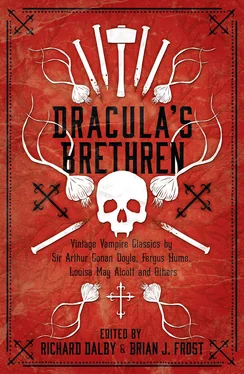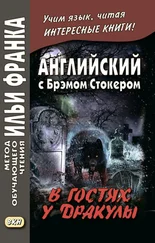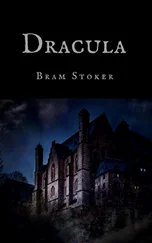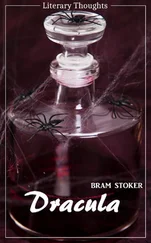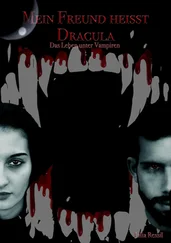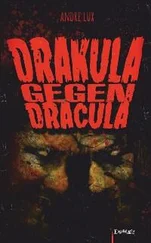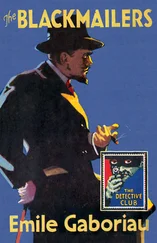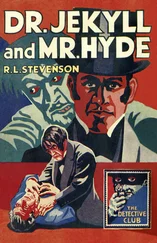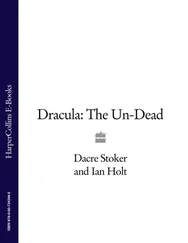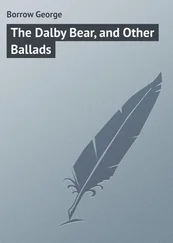The philosopher, scratching behind his ear, went out without uttering a word, proposing at the first suitable opportunity to put his trust in his heels. Plunged in thought he went down the steep staircase that led into a yard shut in by poplars, and stood still for a minute, hearing quite distinctly the voice of the rector giving orders to his butler and some one else – probably one of the servants sent to fetch him by the sotnik .
‘Thank his honour for the grain and the eggs,’ the rector was saying: ‘and tell him that as soon as the books about which he writes are ready I will send them at once, I have already given them to a scribe to be copied, and don’t forget, my good man, to mention to his honour that I know there are excellent fish at his place, especially sturgeon, and he might on occasion send some; here in the market it’s bad and dear. And you, Yavtuh, give, the young fellows a cup of vodka each, and bind the philosopher or he’ll be off directly.’
‘There, the devil’s son!’ the philosopher thought to himself. ‘He scented it out, the wily long-legs!’ He went down and saw a covered chaise, which he almost took at first for a baker’s oven on wheels. It was, indeed, as deep as the oven in which bricks are baked. It was only the ordinary Cracow carriage in which Jews travel fifty together with their wares to all the towns where they smell out a fair. Six healthy and stalwart Cossacks, no longer young, were waiting for him. Their tunics of fine cloth, with tassels, showed that they belonged to a rather important and wealthy master; some small scars proved that they had at some time been in battle, not ingloriously.
‘What’s to be done? What is to be must be!’ the philosopher thought to himself and, turning to the Cossacks, he said aloud: ‘Good day to you, comrades!’
‘Good health to you, master philosopher,’ some of the Cossacks replied.
‘So I am to get in with you? It’s a goodly chaise!’ he went on, as he clambered in, ‘we need only hire some musicians and we might dance here.’
‘Yes, it’s a carriage of ample proportions,’ said one of the Cossacks, seating himself on the box beside the coachman, who had tied a rag over his head to replace the cap which he had managed to leave behind at a pot-house. The other five and the philosopher crawled into the recesses of the chaise and settled themselves on sacks filled with various purchases they had made in the town. ‘It would be interesting to know,’ said the philosopher, ‘if this chaise were loaded up with goods of some sort, salt for instance, or iron wedges, how many horses would be needed then?’
‘Yes,’ the Cossack, sitting on the box, said after a pause, ‘it would need a sufficient number of horses.’
After this satisfactory reply the Cossack thought himself entitled to hold his tongue for the remainder of the journey.
The philosopher was extremely desirous of learning more in detail, who this sotnik was, what he was like, what had been heard about his daughter who in such a strange way returned home and was found on the point of death, and whose story was now connected with his own, what was being done in the house, and how things were there. He addressed the Cossacks with inquiries, but no doubt they too were philosophers, for by way of a reply they remained silent, smoking their pipes and lying on their backs. Only one of them turned to the driver on the box with a brief order. ‘Mind, Overko, you old booby, when you are near the tavern on the Tchuhraylovo road, don’t forget to stop and wake me and the other chaps, if any should chance to drop asleep.’
After this he fell asleep rather audibly. These instructions were, however, quite unnecessary for, as soon as the gigantic chaise drew near the pot-house, all the Cossacks with one voice shouted: ‘Stop!’ Moreover, Overko’s horses were already trained to stop of themselves at every pot-house.
In spite of the hot July day, they all got out of the chaise and went into the low-pitched dirty room, where the Jew who kept the house hastened to receive his old friends with every sign of delight. The Jew brought from under the skirt of his coat some ham sausages, and, putting them on the table, turned his back at once on this food forbidden by the Talmud. All the Cossacks sat down round the table; earthenware mugs were set for each of the guests. Homa had to take part in the general festivity, and, as Little Russians infallibly begin kissing each other or weeping when they are drunk, soon the whole room resounded with smacks. ‘I say, Spirid, a kiss.’ ‘Come here, Dorosh, I want to embrace you!’
One Cossack with grey moustaches, a little older than the rest, propped his cheek on his hand and began sobbing bitterly at the thought that he had no father nor mother and was all alone in the world. Another one, much given to moralising, persisted in consoling him, saying: ‘Don’t cry; upon my soul, don’t cry! What is there in it …? The Lord knows best, you know.’
The one whose name was Dorosh became extremely inquisitive, and, turning to the philosopher Homa, kept asking him: ‘I should like to know what they teach you in the college. Is it the same as what the deacon reads in church, or something different?’
‘Don’t ask!’ the sermonising Cossack said emphatically: ‘let it be as it is, God knows what is wanted, God knows everything.’
‘No, I want to know,’ said Dorosh, ‘what is written there in those books? Maybe it is quite different from what the deacon reads.’
‘Oh, my goodness, my goodness!’ said the sermonising worthy, ‘and why say such a thing; it’s as the Lord wills. There is no changing what the Lord has willed!’
‘I want to know all that’s written. I’ll go to college, upon my word, I will. Do you suppose I can’t learn? I’ll learn it all, all!’
‘Oh my goodness …!’ said the sermonising Cossack, and he dropped his head on the table, because he was utterly incapable of supporting it any longer on his shoulders. The other Cossacks were discussing their masters and the question why the moon shone in the sky. The philosopher, seeing the state of their minds, resolved to seize his opportunity and make his escape. To begin with he turned to the grey-headed Cossack who was grieving for his father and mother.
‘Why are you blubbering, uncle?’ he said, ‘I am an orphan myself! Let me go in freedom, lads! What do you want with me?’
‘Let him go!’ several responded, ‘why, he is an orphan, let him go where he likes.’
‘Oh, my goodness, my goodness!’ the moralising Cossack articulated, lifting his head. ‘Let him go!’
‘Let him go where he likes!’
And the Cossacks meant to lead him out into the open air themselves, but the one who had displayed his curiosity stopped them, saying: ‘Don’t touch him. I want to talk to him about college: I am going to college myself …’
It is doubtful, however, whether the escape could have taken place, for when the philosopher tried to get up from the table his legs seemed to have become wooden, and he began to perceive such a number of doors in the room that he could hardly discover the real one.
It was evening before the Cossacks bethought themselves that they had further to go. Clambering into the chaise, they trailed along the road, urging on the horses and singing a song of which nobody could have made out the words or the sense. After trundling on for the greater part of the night, continually straying off the road, though they knew every inch of the way, they drove at last down a steep hill into a valley, and the philosopher noticed a paling or hurdle that ran alongside, low trees and roofs peeping out behind it. This was a big village belonging to the sotnik . By now it was long past midnight; the sky was dark, but there were little stars twinkling here and there. No light was to be seen in a single cottage. To the accompaniment of the barking of dogs, they drove into the courtyard. Thatched barns and little houses came into sight on both sides; one of the latter, which stood exactly in the middle opposite the gates, was larger than the others, and was apparently the sotnik’s residence. The chaise drew up before a little shed that did duty for a barn, and our travellers went off to bed. The philosopher, however, wanted to inspect the outside of the sotnik ’s house; but, though he stared his hardest, nothing could be seen distinctly; the house looked to him like a bear; the chimney turned into the rector. The philosopher gave it up and went to sleep.
Читать дальше
